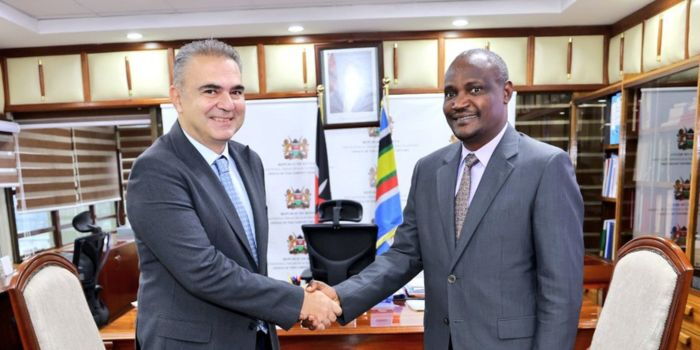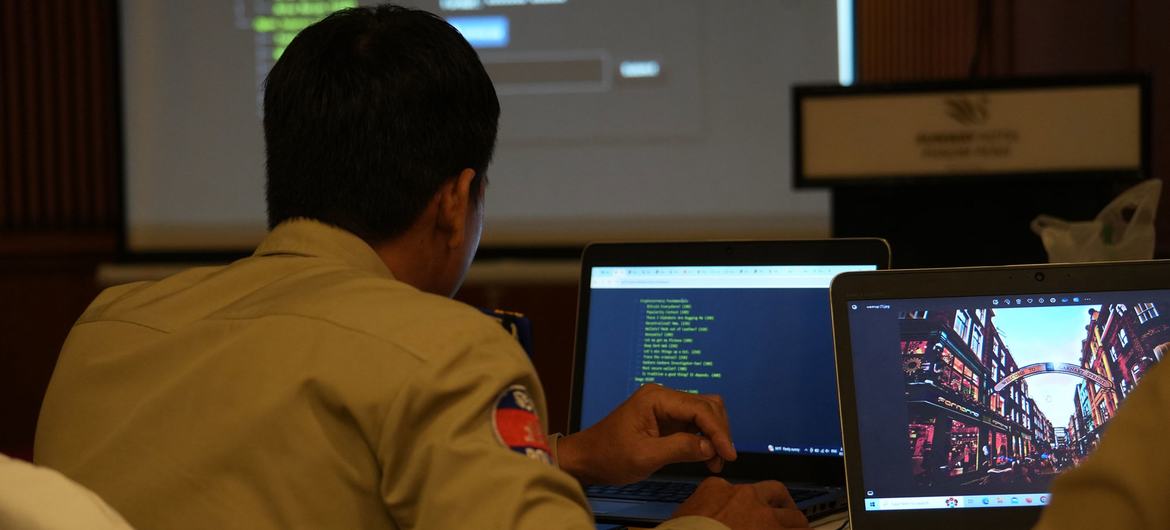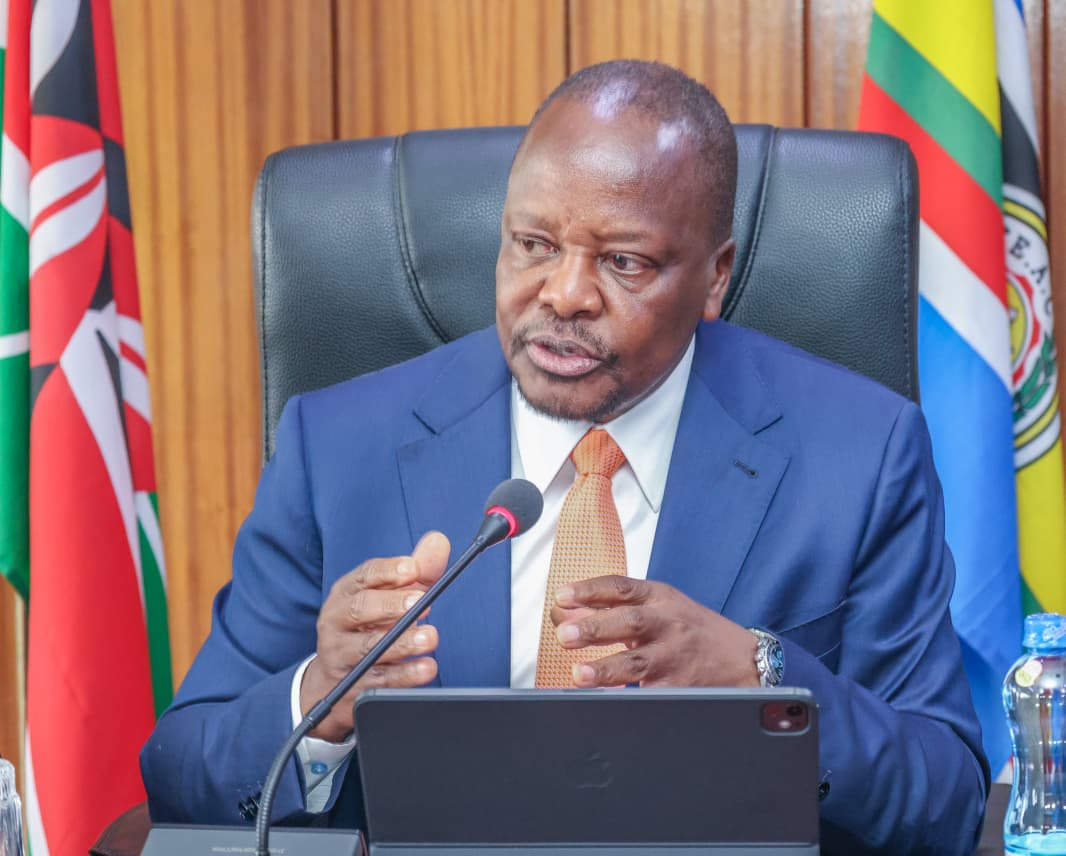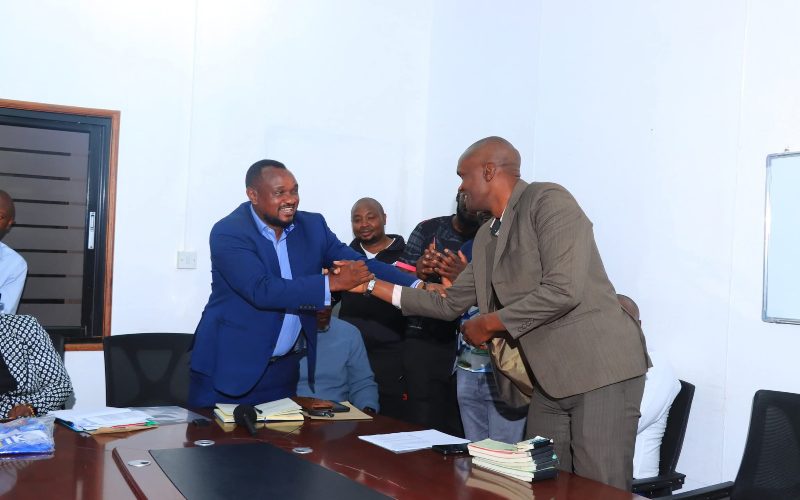New EACC boss Abdi Ahmed vows to intensify anti-corruption efforts, recover stolen assets
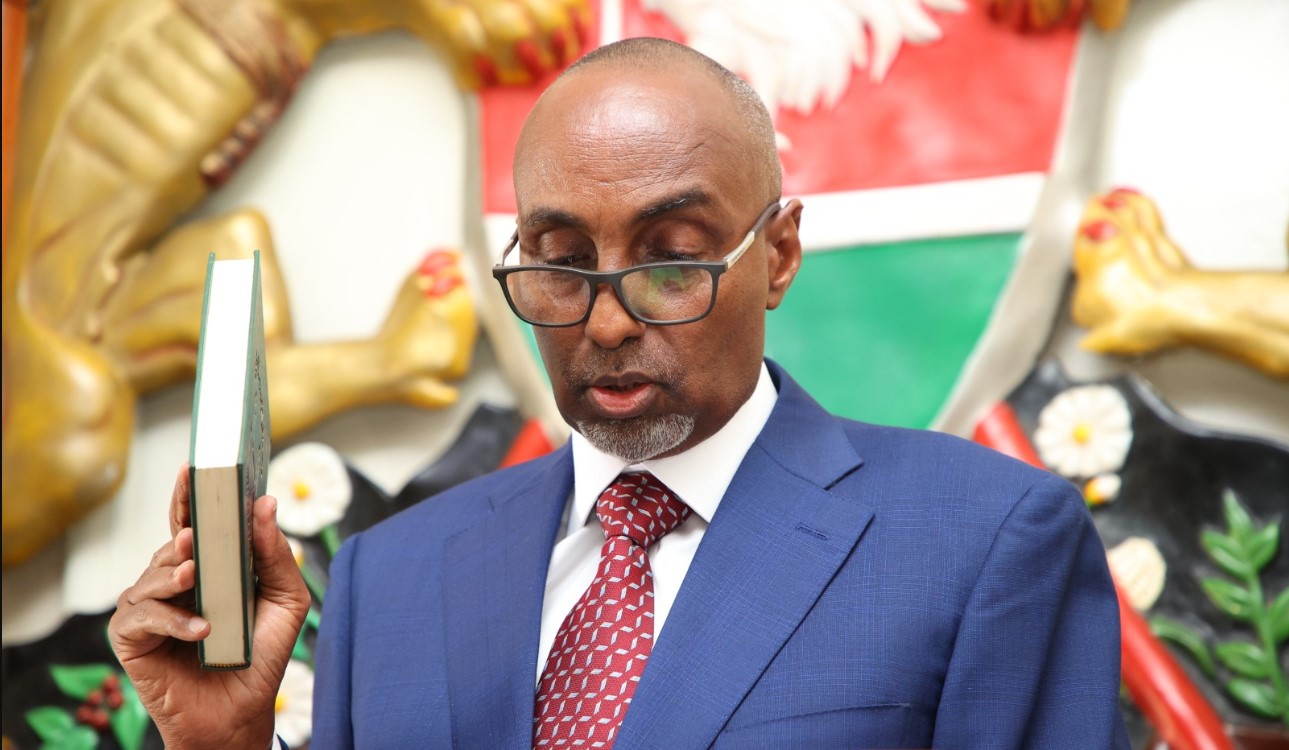
He reaffirmed his dedication to enforcing the law, preventing corruption, and promoting public education on integrity and ethical conduct.
Newly sworn-in Ethics and Anti-Corruption Commission (EACC) Chief Executive Officer Abdi Ahmed Mohamud has vowed to intensify efforts in tracing and recovering assets acquired through corruption.
Abdi, who assumed office on Monday after being sworn in at an event presided over by Chief Justice Martha Koome at the Supreme Court, outlined his commitment to advancing the commission’s mandate.
More To Read
- Court dismisses EACC bid to block Sh20.5 million fire engine tender payment
- EACC recovers grabbed road reserve valued at Sh30 million in Nyali
- EACC opposes ODPP bid to drop UoN official’s Sh32 million graft case
- EACC recovers Sh35 million government land near Bungoma State Lodge after court orders eviction of developer
- State honours or dishonours: Inclusion of politicians with criminal past in the list sparks debate
- EACC auctions first batch of Okoth Obado's properties, recovers Sh69 million
Speaking after his swearing-in, he highlighted three key strategies to guide his leadership.
He emphasised the prioritisation of tracing and recovering corruptly acquired assets, noting that deterring individuals from benefiting from stolen proceeds would serve as a significant disincentive for engaging in corruption.
"If public officers realise they will not enjoy proceeds of corruption, they will be dissuaded from stealing in the first place. The law is also settled in this area. From cases like Stanley Amuti, the courts have held that public officers must account for what they own. They must be able to explain how they acquired the assets they own," he said.
He highlighted previous successes in this area, citing the handover of properties valued at Sh5 billion and cash assets worth Sh514 million to the President on September 11, 2024.
Conflict of interest law
He expressed optimism that the ongoing development of the Conflict of Interest Bill, currently before Parliament, would further strengthen the commission’s ability to recover stolen assets once enacted into law.
Abdi noted that his second focus will be on tackling corruption, an approach he described as more effective than post-incident investigations.
Under his leadership, he said the EACC will expand efforts in disrupting corruption activities, such as halting questionable procurement processes, which have previously saved the public Sh10.74 billion over three years.
"The commission will proactively monitor capital-intensive projects at various stages including project inception, budgeting and implementation. I intend to enhance our intelligence capabilities and undercover operations in order to use information not only for reactive purposes but to improve knowledge on emerging threats and to identify proactive investigative lines," he said.
He also plans to enhance the review of public systems, assess corruption risks in counties, and monitor capital-intensive projects at all stages to pre-empt financial mismanagement.
“By bolstering intelligence capabilities and undercover operations, we aim to proactively identify emerging threats and prevent potential corruption,” he said.
He also stressed the importance of regularly testing the integrity of government processes to address low-level corruption at service points.
The third strategic pillar outlined by Abdi is fostering partnerships in the anti-corruption war.
Culture of integrity
He highlighted the need to work with various sectors, including faith-based organisations, youth groups, schools, regulatory bodies, and other stakeholders, to promote a culture of integrity.
“Together, we can ensure that corruption does not rob our nation of a bright future,” he said.
Abdi acknowledged the enormity of his new role and the expectations placed on the commission.
“I am acutely aware of the adverse effects of corruption on the well-being of a nation,” he said, adding that he is committed to upholding his oath of office.
He thanked the EACC, the National Assembly, the Judiciary and other institutions involved in his appointment, expressing his gratitude for the opportunity to serve.
As the EACC implements its 2023-2028 Strategic Plan, he reaffirmed his dedication to enforcing the law, preventing corruption, and promoting public education on integrity and ethical conduct.
"I humbly accept this critical responsibility of promoting integrity and combating corruption for the benefit of our nation," he said.
The ceremony was attended by EACC Chairperson David Oginde, Director of Public Prosecutions Renson Ingonga, Director of Criminal Investigations Amin Mohammed, EACC commissioners and the chief registrar of the Judiciary.
Prior to his appointment, Abdi served as the EACC deputy CEO, having also held the position of Director of Investigations at the commission.
As a seasoned advocate of the High Court of Kenya, he brings over 30 years of experience in investigating corruption and economic crimes.
His career began in 1989 as a cadet inspector at the Kenya Police Service, after which he joined the Kenya Anti-Corruption Commission (KACC), now EACC, in 2005.
He initially served as a senior officer in charge of the Rapid Response Division before progressing to head the Directorate of Investigations.
Throughout his career, Abdi has undergone extensive training in the investigation of corruption and economic crimes, both locally and internationally, with various prestigious law enforcement bodies.
As Deputy CEO, he was responsible for assisting the CEO in overseeing the daily operations, management, and policy responsibilities of the commission.
Top Stories Today

